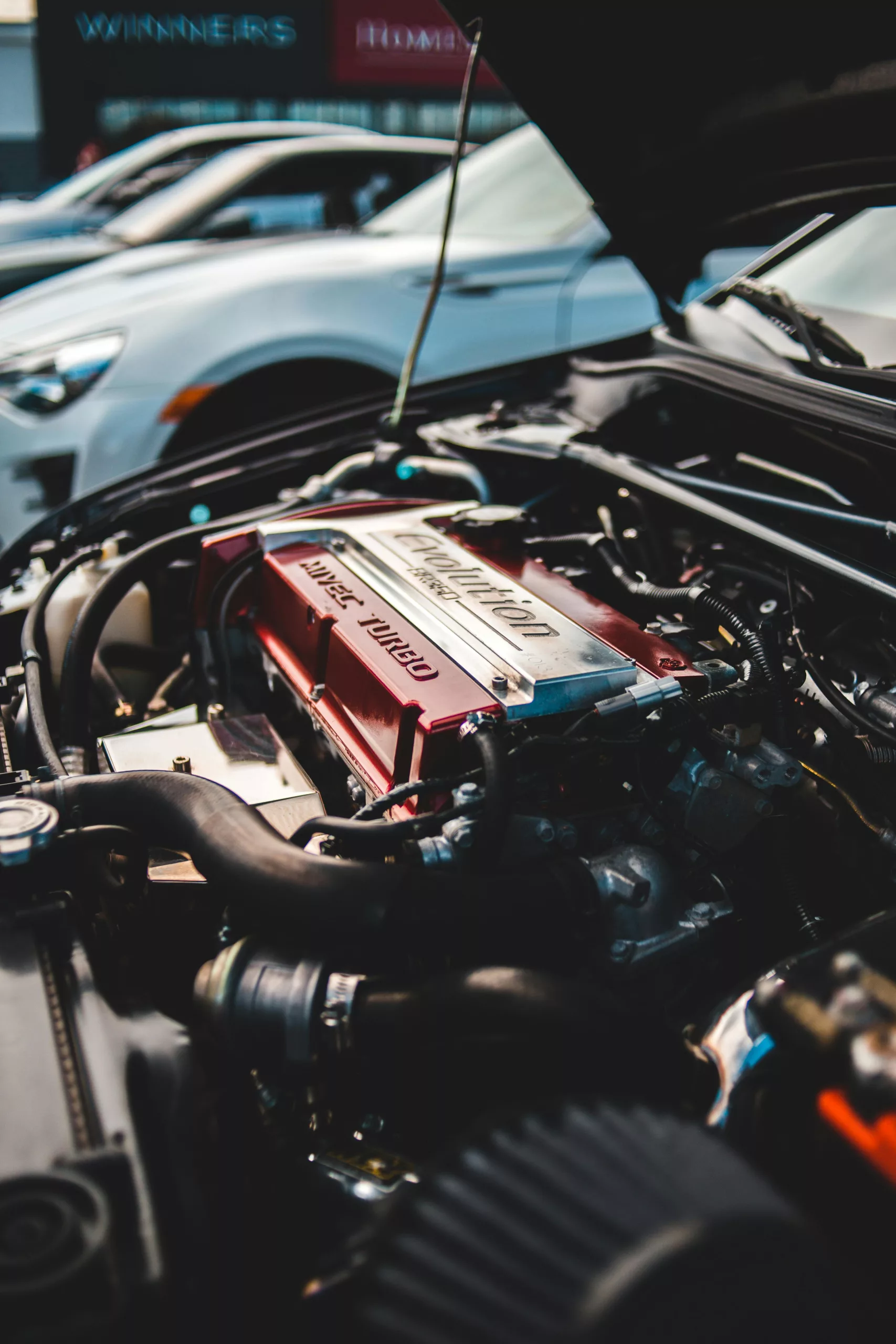Lithium is the lifeblood of the electric vehicle (EV) industry, and as sales of EVs surge, so does the need for the critical minerals that power them. In this rapidly expanding market, news regarding developments in mineral extraction and processing resonates across the industry, signaling the ever-evolving landscape of electric mobility.
Mitsubishi’s Strategic Partnership
In a groundbreaking move, Mitsubishi Corporation has announced a partnership with Frontier Lithium, signifying a strategic pivot towards securing lithium resources in Ontario, Canada. This collaboration underscores a shift in sourcing away from China, motivated by the pursuit of a sustainable and reliable supply chain or potentially influenced by the US Inflation Reduction Act of 2021, which imposes restrictions on the usage of battery materials from countries deemed as “entities of concern” for the purpose of qualifying for US EV tax credits.
Investment and Ownership Details
Mitsubishi is set to invest a substantial 25 million Canadian dollars (approximately $18.4 million USD) to acquire a 7.5% stake in a new unit formed by Frontier Lithium. This investment could eventually increase to a 25% ownership interest. The significance of this investment is highlighted by the fact that the Ontario mine possesses over 58 million tonnes of lithium, positioning it as the most substantial lithium mine with a Japanese company as a stakeholder, according to reports from Nikkei.
A Full-Scope Supply Chain
The partnership goes beyond mere extraction; it includes plans to refine lithium within Canada. This move aims to diversify the refining process currently dominated by China. This initiative marks the first involvement of a Japanese company in North American lithium production. Mitsubishi’s ambitious objective extends to establishing an all-encompassing supply chain that encompasses mine development, operation, and the refining of ore.
The Road Ahead
Transitioning from initial agreements to the production of battery-grade lithium for EVs is a complex endeavor and one of the biggest challenges the EV industry faces. It requires continuous investment from conception to the finished product. As stated, feasibility studies are expected to be completed by 2025, with production for industrial use commencing around 2027. The extraction of lithium specifically for EVs and storage batteries is projected to start by 2030.
Lithium Supply and Industry Impact
Once in full operation, this Canadian lithium project is anticipated to significantly contribute to the supply chain, with an expected annual production of 3,800 tonnes of lithium, sufficient for 20,000 tonnes of lithium carbonate. This output could potentially supply lithium for the batteries of approximately 300,000 EVs annually. This partnership signifies a robust advancement in the extraction and processing of lithium in North America and heralds the strengthening of an economic ecosystem that is essential for the future of electric vehicles and their batteries.
With this partnership poised to enhance the North American lithium market, it presents a promising venture that could greatly benefit the EV sector and the wider economy.
